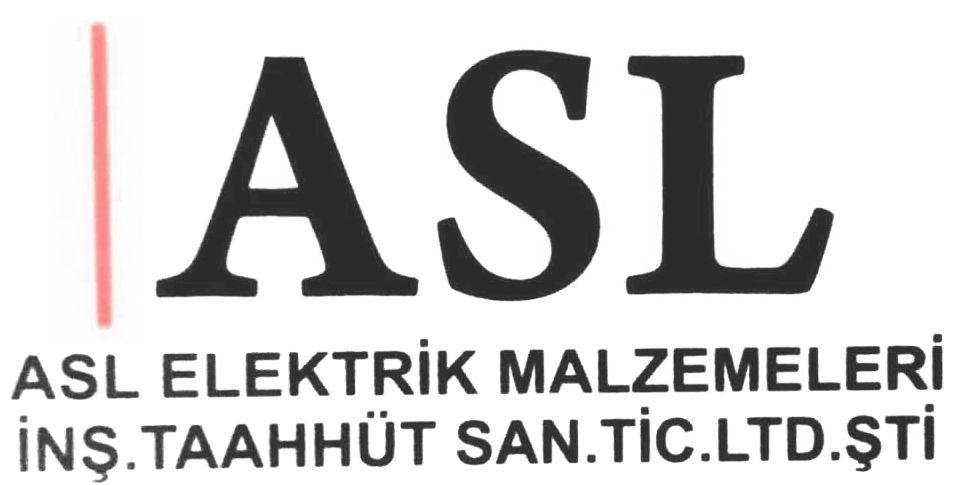These substance abuse group activities often involve having each member share their name, a brief personal background, and their reasons for joining the group. This helps members get to know one another and sets the stage for open and honest communication from the outset. Wilderness therapy allows individuals in recovery to interact with the environment that promotes self-reflection and builds confidence. Psychodrama helps people to role-play in order to relive past trauma or negative experiences. Psychodrama allows individuals in recovery to analyze past situations and learn healthy ways to manage difficult relationships and situations.
These techniques may serve various specific purposes within group therapy. For instance, they can help put clients at ease, express themselves, bring them closer, or provide educational information. However, what they all have in common is their ultimate goal of guiding clients toward recovery. This activity will help group members learn how to set positive, achievable substance abuse group activities goals and, immerse them in the experience of working toward them. These questions should be fun and interesting questions that will help the members get more comfortable talking about themselves. If you are working with members that don’t jump at the chance to speak in front of the group, having a specific set of questions to guide the check-in process can be helpful.
Substance Abuse Treatment Through Group Therapy Activities
Icebreaker games inject fun and playfulness into the group dynamics, making it easier for members to open up and participate actively. These games could involve sharing something about oneself based on a prompt, playing word association games related to recovery, or even engaging in light-hearted team challenges. Icebreaker games https://ecosoberhouse.com/ not only foster a sense of inclusivity but also help combat nerves and hesitations that can arise when discussing sensitive topics. Many recovery groups encourage gratitude by having members write gratitude lists. These lists can include anything you feel grateful for, from your sobriety to your loved ones to your favorite foods.
The more self-care activities they learn about and try, the more options they will have whenever they feel stressed or simply want to unwind. Below are 50 activities that many recovery groups utilise to help people with their drug addiction and alcohol addiction. There are many different types of therapeutic group therapy exercises. The kinds of group activities depend on the theoretic approach that the treatment professional uses as well as the group members’ needs, background, age, and other factors.
Mindfulness Meditation
Maintaining motivation for sobriety is pivotal in the journey of recovery. Substance abuse group activities focused on the positive aspects of a substance-free life highlight the physical, mental, and emotional benefits of remaining sober. Group discussions, guest speaker sessions, and personal testimonials shed light on how sobriety can improve relationships, better health, and a renewed sense of purpose. Our addiction treatment professionals at Santé Center for Healing in Argyle, TX, do not underestimate the effectiveness of substance abuse group therapy activities. This is why we may include group therapy into your personalized treatment plan. The decision is based on the results of your dual diagnosis evaluation.
- For many, especially those recovering from addiction, recovery is significantly enhanced by the support and camaraderie found within substance abuse support groups.
- They should ideally be taking note all the while of the impact they are having on their listener partner.
- But not all therapy looks this way, and some mental health treatments might take place in nature, in an art studio or at a gym.
- These groups further encourage exploration of emotional and interpersonal conflicts, confrontation about denial and harmful behaviors, and discussion about responsibilities and limitations.
